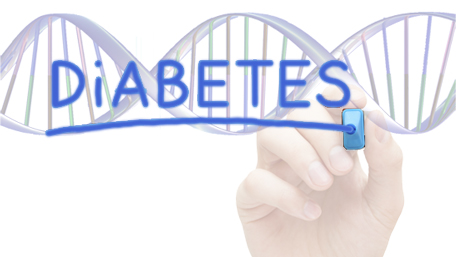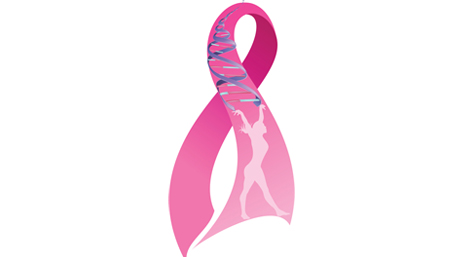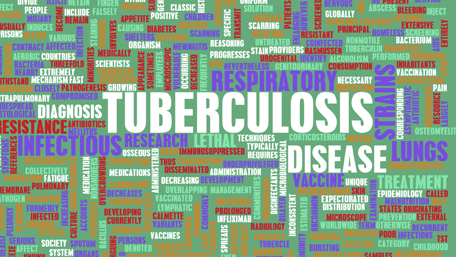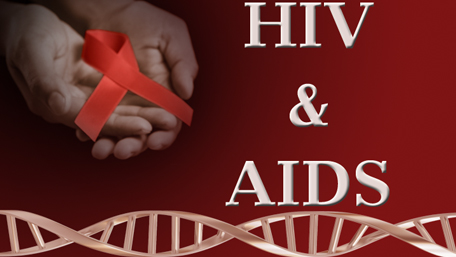
11/06/2019
Hot Topics of the Day are picked by experts to capture the latest information and publications on public health genomics and precision health for various diseases and health topics. Sources include published scientific literature, reviews, blogs and popular press articles.
Sign up MyPHGKB to receive the daily hot topic email alert.
Archived Hot Topics of the Day By Date
Molecular genetic framework underlying pulmonary arterial hypertension.
Southgate Laura et al. Nature reviews. Cardiology 2019 Aug
Precision medicine: The future of diagnostic approach to pulmonary hypertension?
Kedzierski Piotr et al. Anatolian journal of cardiology 2019 Sep (4) 168-171
Diabetes Care Editors' Expert Forum 2018: Managing Big Data for Diabetes Research and Care.
Riddle Matthew C et al. Diabetes care 2019 Jun 42(6) 1136-1146
Cystic Fibrosis Diagnosis in Newborns, Children, and Adults.
Castellani Carlo et al. Seminars in respiratory and critical care medicine 2019 Nov
Automatically Appraising the Credibility of Vaccine-Related Web Pages Shared on Social Media: A Twitter Surveillance Study.
Shah Zubair et al. Journal of medical Internet research 2019 Nov 21(11) e14007
A governance model for the application of AI in health care.
Reddy Sandeep et al. Journal of the American Medical Informatics Association : JAMIA 2019 Nov
Responsible Use of Machine Learning Classifiers in Clinical Practice.
Maslen Hannah et al. Journal of law and medicine 2019 Oct 27(1) 37-49
The ethical, legal and social implications of using artificial intelligence systems in breast cancer care.
Carter Stacy M et al. Breast (Edinburgh, Scotland) 2019 Oct 4925-32
Trust Me, I'm a Chatbot: How Artificial Intelligence in Health Care Fails the Turing Test.
Powell John et al. Journal of medical Internet research 2019 Oct 21(10) e16222
Key challenges for delivering clinical impact with artificial intelligence.
Kelly Christopher J et al. BMC medicine 2019 Oct 17(1) 195
Deep Learning Predicts Extreme Preterm Birth from Electronic Health Records.
Gao Cheng et al. Journal of biomedical informatics 2019 Oct 103334
Gene-Editing Advance Puts More Gene-Based Cures Within Reach
F Collins, NIH Director Blog, November 5, 2019

Prospective Evaluation of a Breast Cancer Risk Model Integrating Classical Risk Factors and Polygenic Risk in 15 Cohorts from Six Countries
AN Wilcox et al., MedXRIV, November 5, 2019
Evaluation of the accuracy of 99DOTS, a novel cellphone-based strategy for monitoring adherence to tuberculosis medications
BE Thomas et al, MedRXIV, November 5, 2019
FDA authorizes marketing of first next-generation sequencing test for detecting HIV-1 drug resistance mutations
FDA News, November 5, 2019
Disclaimer: Articles listed in Hot Topics of the Day are selected by Public Health Genomics Branch to provide current awareness of the scientific literature and news. Inclusion in the update does not necessarily represent the views of the Centers for Disease Control and Prevention nor does it imply endorsement of the article's methods or findings. CDC and DHHS assume no responsibility for the factual accuracy of the items presented. The selection, omission, or content of items does not imply any endorsement or other position taken by CDC or DHHS. Opinion, findings and conclusions expressed by the original authors of items included in the Clips, or persons quoted therein, are strictly their own and are in no way meant to represent the opinion or views of CDC or DHHS. References to publications, news sources, and non-CDC Websites are provided solely for informational purposes and do not imply endorsement by CDC or DHHS.
- Page last reviewed:Feb 1, 2024
- Page last updated:Apr 25, 2024
- Content source:











